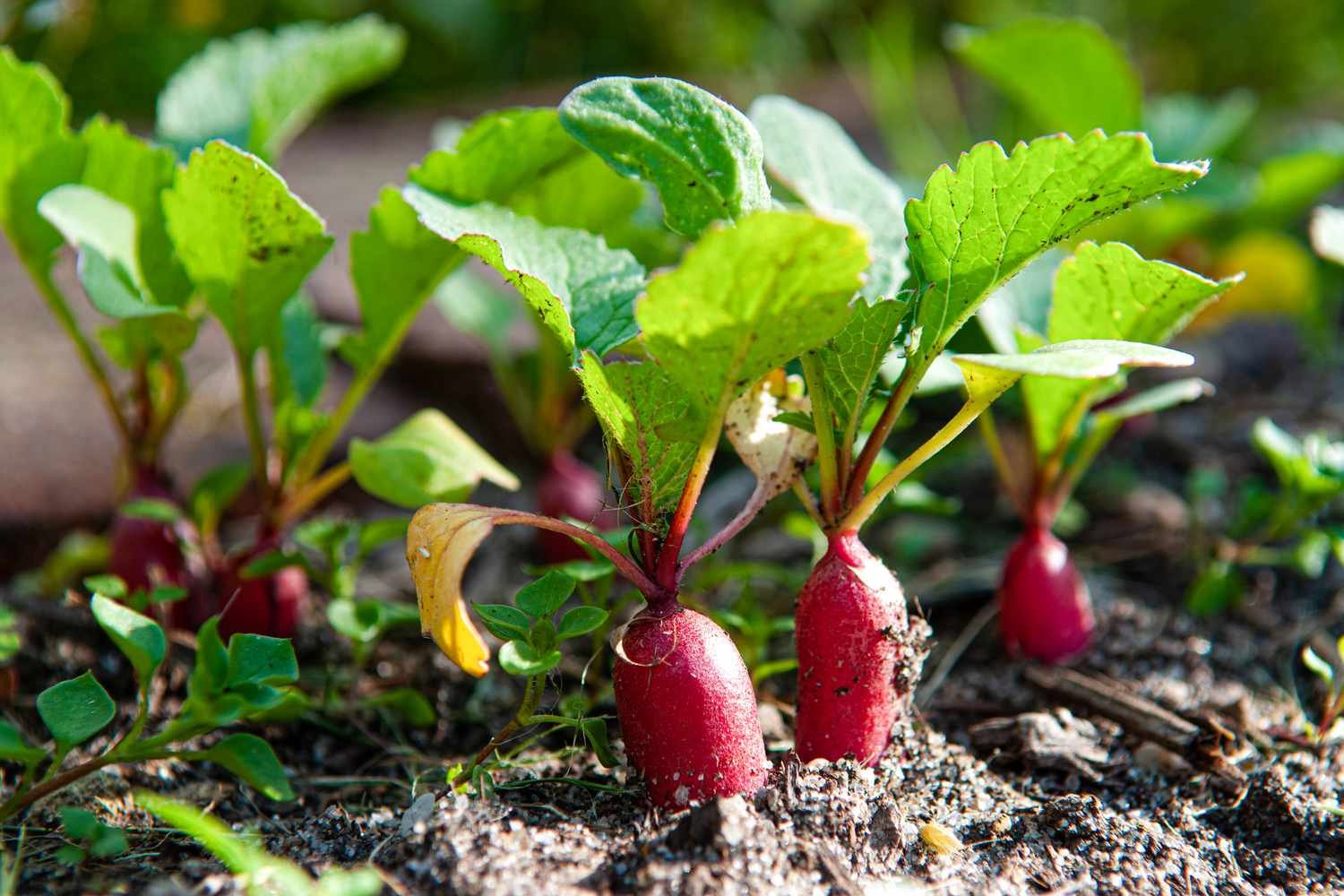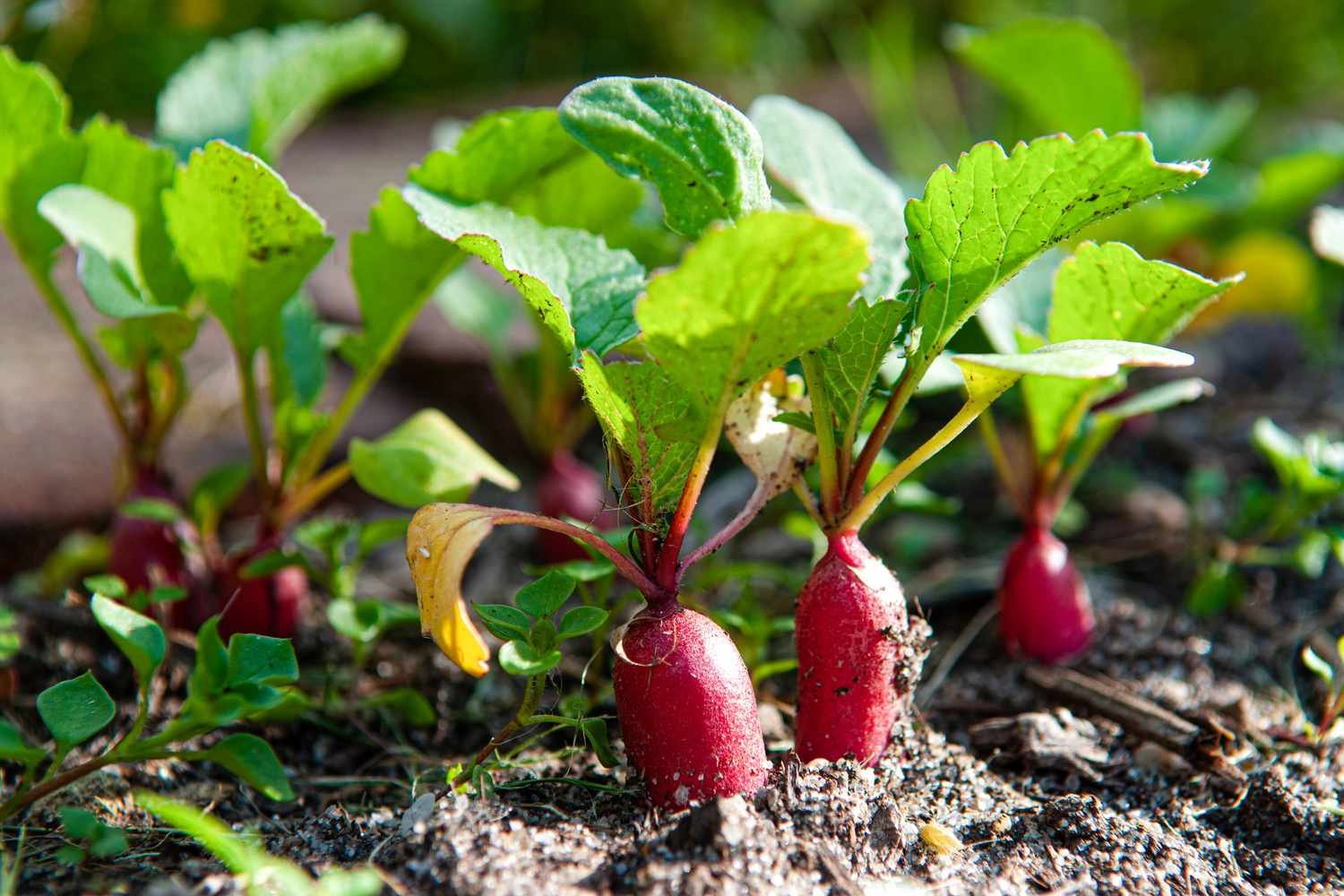Growing organic citrus trees in your garden not only provides you with fresh, flavorful fruits but also ensures that you are cultivating them in a sustainable and environmentally friendly manner. Organic citrus varieties are known for their vibrant flavors, nutrient-rich fruits, and resilience to pests and diseases without the use of synthetic chemicals. Here’s a detailed guide to some of the best organic varieties of citrus trees that you can grow, along with tips on how to care for them organically.

Meyer Lemon (Citrus × meyeri)
Meyer lemon is a favorite among home gardeners for its sweeter and less acidic flavor compared to traditional lemons. It’s a versatile citrus tree that produces moderately-sized fruits with thin, smooth skin that turns from green to a deep yellow when ripe. Meyer lemons are well-suited for organic gardening due to their natural resistance to pests and diseases, requiring minimal intervention.
Valencia Orange (Citrus × sinensis ‘Valencia’)
Valencia oranges are prized for their juicy, sweet flavor and excellent juice content. They are a late-season variety, typically ripening in summer to fall, making them ideal for fresh eating or juicing. Valencia orange trees are known for their productivity and adaptability to various growing conditions, thriving in organic environments where soil health and natural fertilizers promote robust growth.
Blood Orange (Citrus × sinensis ‘Blood Orange’)
Blood oranges are renowned for their distinct reddish-orange flesh and sweet-tart flavor with berry-like undertones. They are prized for their rich antioxidant content, including anthocyanins responsible for their vibrant color. Blood orange trees benefit from organic cultivation practices that enhance soil fertility and biological diversity, supporting their unique fruit quality and health benefits.
Satsuma Mandarin (Citrus unshiu)
Satsuma mandarins are a popular choice for organic growers due to their easy peeling, seedless fruit, and cold hardiness. They have a sweet and juicy flavor with a hint of tartness, making them perfect for fresh eating and juicing. Satsuma trees are generally more compact and easier to manage in smaller garden spaces, thriving in well-drained soil enriched with organic compost and mulch.
Key Lime (Citrus aurantiifolia)
Key limes are known for their small size, intense flavor, and aromatic qualities that are essential for making key lime pie and other culinary delights. They thrive in warm climates and are well-suited for organic cultivation methods that promote natural pest control and soil fertility. Key lime trees benefit from regular pruning to maintain shape and promote air circulation, essential for preventing diseases organically.
Organic Care Tips for Citrus Trees:
- Soil Preparation: Use organic compost and mulch to improve soil structure, retain moisture, and provide essential nutrients.
- Natural Pest Control: Encourage beneficial insects and birds, such as ladybugs and songbirds, to control pests like aphids and scale insects without chemicals.
- Watering: Water deeply and infrequently to encourage deep root growth and drought resistance. Use drip irrigation or soaker hoses to minimize water loss.
- Pruning: Prune citrus trees to remove dead or diseased branches and promote airflow within the canopy, reducing the risk of fungal infections.
Conclusion
Growing organic citrus trees in your garden allows you to enjoy delicious, nutrient-rich fruits while promoting environmental sustainability and biodiversity. By choosing varieties like Meyer lemon, Valencia orange, Blood orange, Satsuma mandarin, and Key lime, you can cultivate a diverse range of flavors and benefits without the use of synthetic chemicals. Embrace organic gardening practices to nurture healthy citrus trees and create a thriving garden ecosystem that benefits both you and the environment. Start your organic citrus garden today and savor the rewards of fresh, organic fruits straight from your backyard. Happy gardening!











